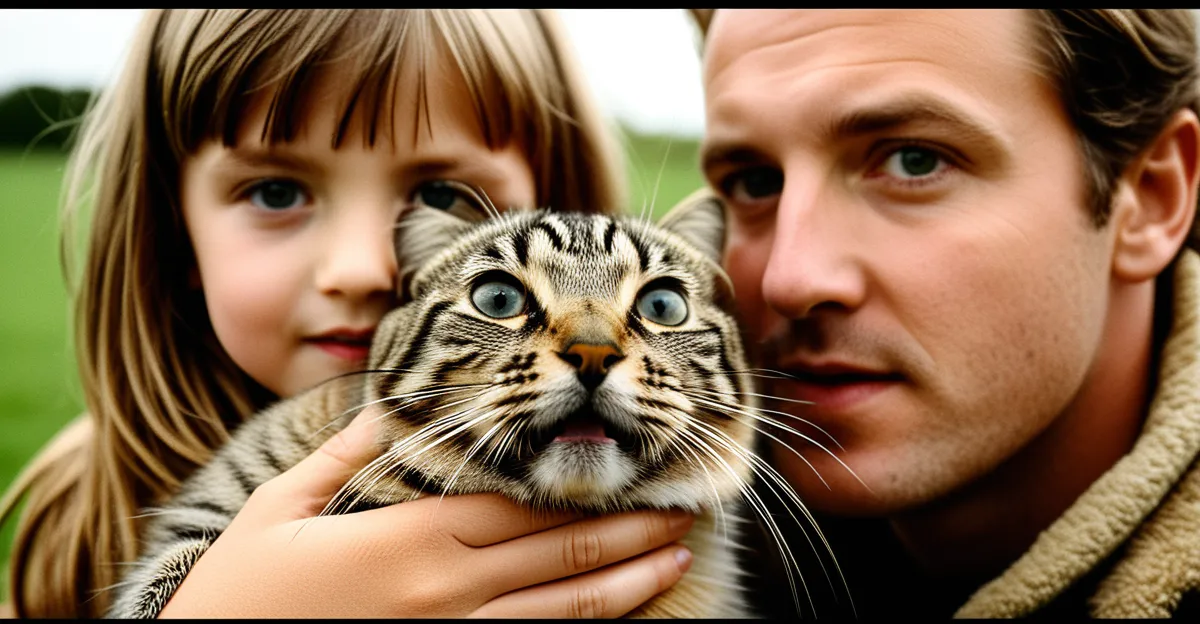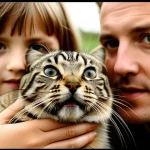Understanding the Shift Toward Exotic Pets in British Households
The landscape of pet ownership statistics in Britain reveals a distinct trend: a steady rise in exotic pets as household companions. Recent data indicate that alongside traditional animals such as cats and dogs, an increasing number of British families now welcome exotic species, reflecting a broader cultural and social shift.
This rise in exotic pets is evidenced by studies highlighting significant growth in ownership of species like reptiles, small mammals, and tropical birds. These statistics illustrate not only the diversification of pet choices but also a changing perception of what constitutes a suitable pet in UK homes.
This might interest you : Why Should UK Pet Owners Consider Adopting from Animal Shelters?
Several factors contribute to this trend. Societal changes, such as urban living conditions where space or lifestyle might limit traditional pet options, encourage interest in smaller or less conventional pets. Moreover, greater access to exotic species through markets and breeders has made such animals more accessible to a wider audience.
In summary, the recent increases in exotic pet ownership trends in the UK represent a complex interplay of evolving cultural attitudes, lifestyle adaptations, and availability. This shift is gradually reshaping the conventional image of British pet ownership, reflecting more diverse and personalized choices among families today.
Also to see : How Are Pet Owners in the UK Adapting to Eco-Friendly Practices for Their Pets?
Key Drivers Behind the Surge in Exotic Pet Popularity
The surge in exotic pet ownership across the UK is influenced by a mix of cultural influences on pet ownership and evolving social trends exotic animals embody. One primary reason for exotic pets UK becoming increasingly popular is the portrayal of such animals in popular media. Wildlife documentaries, social media influencers showcasing unique pets, and films have shifted public perception, making exotic animals desirable companions rather than distant or dangerous creatures.
In addition, changing family dynamics play a crucial role. Many British households, especially in urban areas, seek alternatives to traditional pets due to smaller living spaces or busy lifestyles. Exotic pets often require less room or exercise, which fits modern home environments. The reasons for exotic pets UK ownership also tie to a desire for novelty and statements of personality, where owning an unconventional pet allows families to express uniqueness and curiosity.
Economic factors cannot be overlooked. Availability of exotic species has increased due to expanded breeding programs and trade networks, often making acquisition more accessible and affordable. However, potential owners should remain aware that costs extend beyond purchase, including specialized diet and veterinary care. Overall, the combination of media influence, social changes, and economic accessibility explains the notable rise in exotic pets within the UK’s pet landscape.
Popular Exotic Pets Among British Families
Examining popular exotic pets UK, reptiles such as bearded dragons, ball pythons, and various gecko species dominate ownership. These reptiles are prized for their relatively manageable care requirements compared to mammals and birds. Small mammals like sugar gliders and ferrets have also gained traction, appreciated for their interactive behavior and compact size suitable for urban homes. Additionally, tropical birds such as cockatiels and parakeets remain favored choices, blending vibrant companionship with lower maintenance than larger avian species.
When considering types of exotic pets, amphibians, small rodents, and invertebrates form a substantial part of the landscape. For example, dart frogs and tarantulas appeal to enthusiasts attracted by their unique appearance and relatively simple habitat needs. These examples of exotic pets Britain reflect diversity aligned with varying owner preferences, ranging from hands-on interaction to observational enjoyment.
Recent regulatory changes in the UK have addressed some concerns by updating licensing and welfare standards, influencing availability and responsible ownership. These adjustments help ensure that families choosing popular exotic pets UK can access both support and guidelines, fostering well-informed decision-making and improved animal welfare outcomes. The evolving market and regulatory landscape continue to shape which species are accessible and popular among British households.











